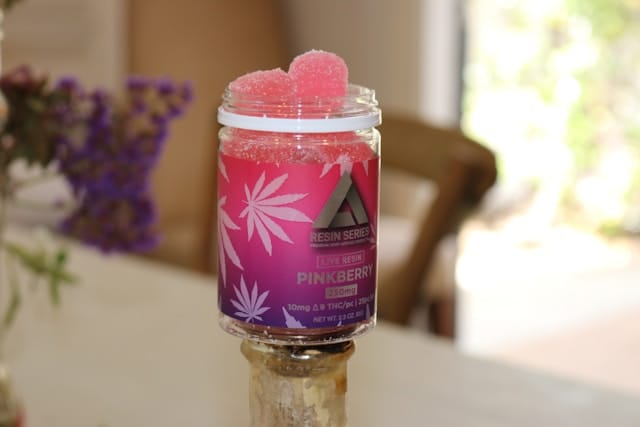News

Massachusetts Lawmakers Worried About Gas Station Weed
Massachusetts Lawmakers Worried About Gas Station Weed
Massachusetts Lawmakers Worried About Gas Station Weed


